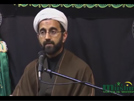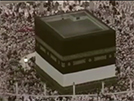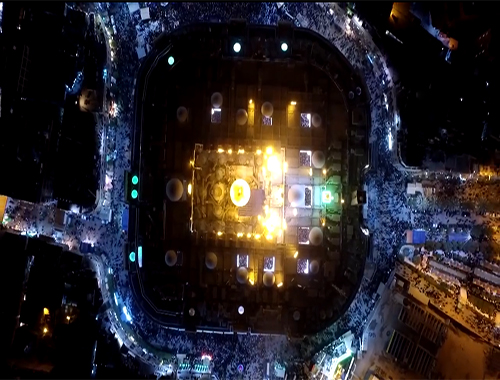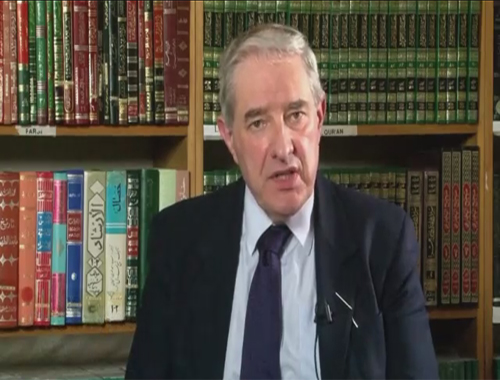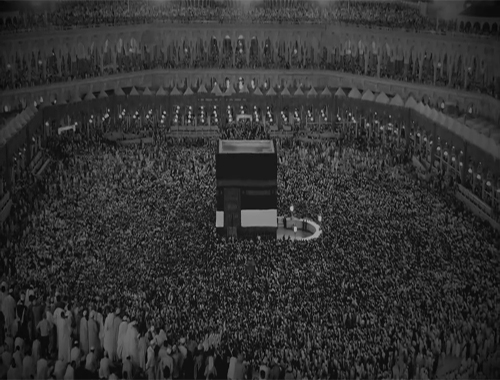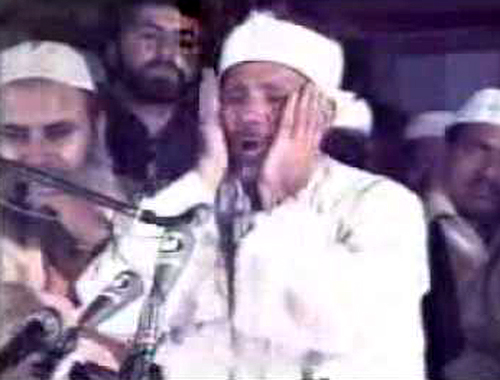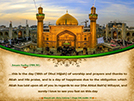Qaâ€a of Invalid Prayers is very Important
- Details
- Hits: 2746
Qaa of Invalid Prayers is very Important
It is not permitted to be negligent in the fulfilment of the Qaa of Obligatory prayers. If some Qaa prayers remain pending in a person’s account he should leave instructions that his omitted prayers be performed. It is then obligatory on the legatee of this person to use one-third of the property of the deceased to pay for the performance of these prayers and also fasts if necessary. If the person does not leave behind any property it is obligatory on his eldest son to perform the Qaa prayers or to pay for their performance by someone else. In the absence of both, instruction and son, there is no obligation on other inheritors. Yet on the basis of precaution they must perform the Qaa or each one of them should pay his share so that it can be performed on payment.
Carrying out duties, left unfulfilled by the deceased or doing good deeds on their behalf will help the dead earn divine rewards and alleviate some of the sufferings of chastisement. Authentic traditions of Ahl ul-Bayt (a.s.) have been recorded on this subject. The dead can no longer benefit themselves, but divine mercy has left a door open, a means still available for those who die believers, to avail themselves of Allah (S.w.T.)’s blessings through the efforts of those that are alive.
Traditional reports mention the incident of a companion of the Holy Prophet (S) who had willed to give in charity all the dates stored in his store house. After the death of this person the Messenger of Allah (S) distributed as Sadaqah all the dates and at last only one date remained fallen on the ground. The Messenger (S) picked up the date and said,
“Had the deceased given away this single piece in Sadaqah with his own hands! It would have been better than me giving in Sadaqah the whole lot on behalf of this person.”
The following incident mentioned in Darus SalÄm of the late Agha NÅ«ri (r.a.) proves that the deceased person benefits from the good deeds performed by the living on his behalf: The most pious and good-fearing Haji Mulla ‘Ali Tehrani narrates from his father, the late Mirza KhalÄ«l that he said, “In a public bath of Tehran was a servant named ‘Ali Talib who never prayed or fasted. The late Mirza KhalÄ«l says that when he was in Najaf al-Ashraf he saw ‘Ali Talib in his dream and that he had come to Wadi us-Salam, the valley of peace (a part of Barzakh). He was surprised and asked, “How did you reach this elevated position while you neither prayed nor fasted?”
The person replied, “O man! When I died I was tied in iron collar and chains and was being dragged towards punishment when Mulla Muhammad Kermanshahi (a Scholar of Tehran), May Allah (S.w.T.) bestow him a good recompense, appointed someone to perform Hajj in my place and to perform Prayers and fast on my behalf. He gave Zakat on my behalf and restored the rights of those whom I had oppressed. He did not leave out any of the duties that had to be performed on my behalf and saved me from the divine chastisement. May Allah (S.w.T.) give him a goodly reward.” Mirza KhalÄ«l woke up from sleep, filled with terror. He was astonished at this dream. After a few days some people came from Tehran and Mirza KhalÄ«l asked them regarding ‘Ali Talib. They confirmed that the Mulla had compensated for all the duties of ‘Ali Talib. In fact even the names of the persons appointed were identical as the Mirza had seen in his dream.
Needless to add that it would be foolish on our part to be casual about our obligatory duties, in the belief that they can be fulfilled after our death. We can obviously not be sure that those we leave behind would carry out these obligations, nor can we be sure that it would be done with the same degree of sincerity as we would do it ourselves. Besides our Wajib duties carried out by someone else may suffice to save us from the punishment but we will be deprived of the numerous special benefits reserved for those who carry out their obligations.

